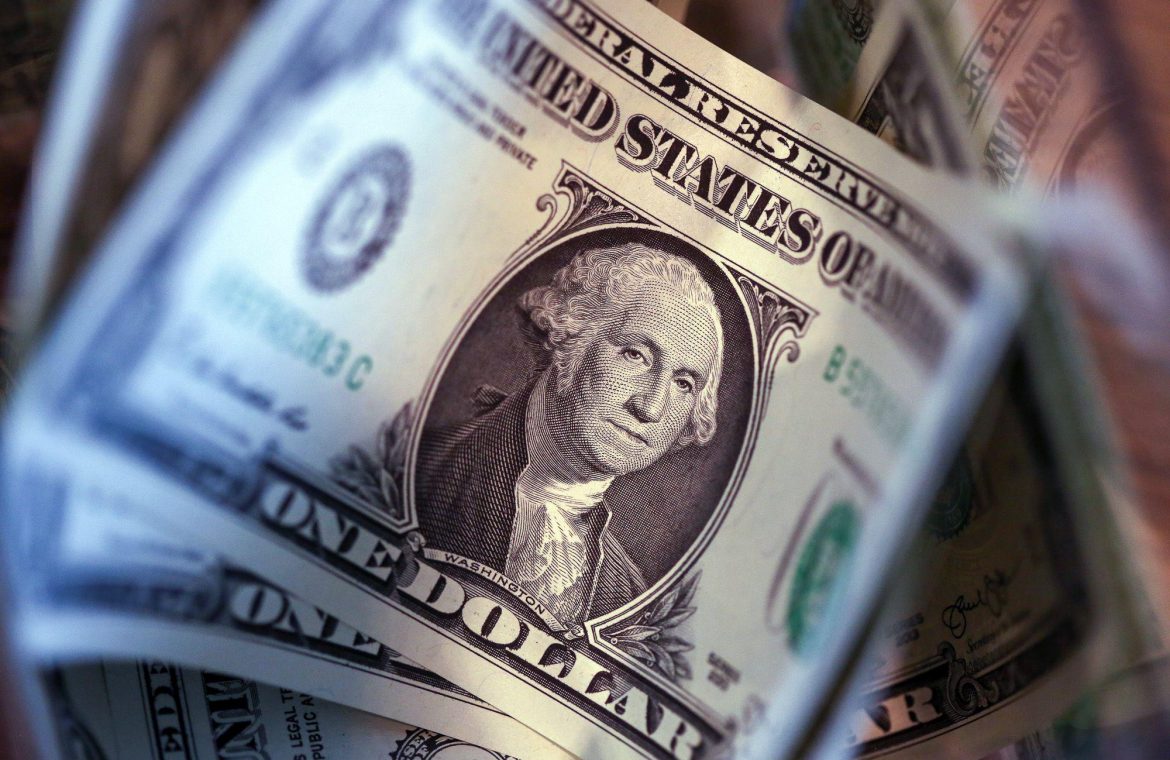The United States Secret Service confiscated and returned to state authorities about $ 2 billion stolen in COVID-19 aid funds for the unemployed. They called it a typical cyber fraud.
Violations have been exposed in at least 30 US states. The authorities decided that many fraudsters have applied for benefits under the so-called Pandemic Unemployment Assistance.
“It’s a typical cyber fraud that we deal with every year. Now it’s getting worse by creating extra money because of Covid. (…) Criminals have taken full advantage of the software to steal them,” Secret Service Agent Roy Dotson told CNBC.
The $ 2 billion is just a “conservative estimate,” according to the agent. Fraudsters may steal larger sums. An investigation into this continues.
NBC said in February that most of the state’s 50 recruiting agencies did not yet know the full extent of their losses.
“I imagine it will take another year or two to solve this problem,” Dotson predicted.
In the past year, the special services sent warnings to financial institutions about which accounts money could be deposited into.
Dotson explained that fraudsters often steal the identities of people who qualify for unemployment benefits. Other cases involved people who had not even applied for unemployment benefits.
The Ministry of Labor’s Office of the Inspector General said in a March report that at least 89 of the $ 896 billion in unemployment insurance funds “may have been improperly paid and much of it may be attributed to fraud.”
As CNBC notes, the Ministry of Labor announced that it will work with the Secret Service, the Ministry of Justice, and other agencies “to prosecute those who cheat the program (…) and secure benefits for the unemployed.”
The Secret Services also reported seizing more than $ 640 million in extortion mainly from small business loan funds, and are encouraged to keep their employees on the payroll (Paycheck Protection Program), as well as for small businesses or private nonprofits that have suffered significant economic damage. In the United States under a program that covers natural disasters etc. (Economic Injury Disaster Loan Program).
So far, the authorities have launched about 690 investigations into unemployment insurance. 720 investigations linked to loan programs.
CNBC previously revealed that millions of dollars in Covid-19 money have been laundered through online investment platforms.
Healthy business
Stay up-to-date with information about the impact of the coronavirus pandemic on business and relief programs
Save me
X
Healthy business
Author: Katharzina Latik
Shipped irregularly
Stay up-to-date with information about the impact of the coronavirus pandemic on business and relief programs
I would like to receive our newsletter *
Save me
Your personal data manager will be Bonnier Business (Polska) Sp. z oo (hereinafter: we). Address: ul. Kijowska 1, 03-738 Warsaw.
He will be responsible for your personal data Bonnier Business (Polska) Sp. z oo (hereinafter: we). Address: ul. Kijowska 1, 03-738 Warsaw. Our contact phone number is: +48 22 333 99 99. Our email address is: [email protected]. In our company, we have a designated data protection officer, and correspondence address: ul. Ludwica Narbota 22 Luke. 23, 02-541 Warsaw, email: [email protected]. We will process your personal data in order to send you our newsletters. The legal basis for the processing will be your consent and our “legitimate interest”, which we have to offer you, as our client, our other offers. If it is necessary for us to be able to perform our services, your personal data may be transferred to the following groups of people: 1) our employees or partners on a separate mandate basis, 2) entities to which we will assign the data processing activities, 3) other recipients, on Example, carriers, companies from our capital group, and tax offices. Your personal data will be processed until consent is withdrawn. You have the right to: 1) request access to the content of personal data, 2) correct it, 3) delete it, 4) limit processing, 5) transfer data, 6) object to processing and 7) withdraw consent (in the case of prior expression) in any Time, as well as 8) Submit a complaint to the Supervisory Authority (Head of the Personal Data Protection Office). Provision of personal data Terms of subscription to the newsletter. It is voluntary, but failure to provide it will rule out the possibility of providing the service. Your personal data may be processed automatically, including in the form of profiling. Automated decision making will be carried out using appropriate statistical procedures. The purpose of this processing is only to improve the presentation of our products or services directed to you.

“Proud creator. Amateur music junkie. Tv scholar. Web fan. Lifelong alcohol lover. Falls down a lot. Hardcore thinker.”







